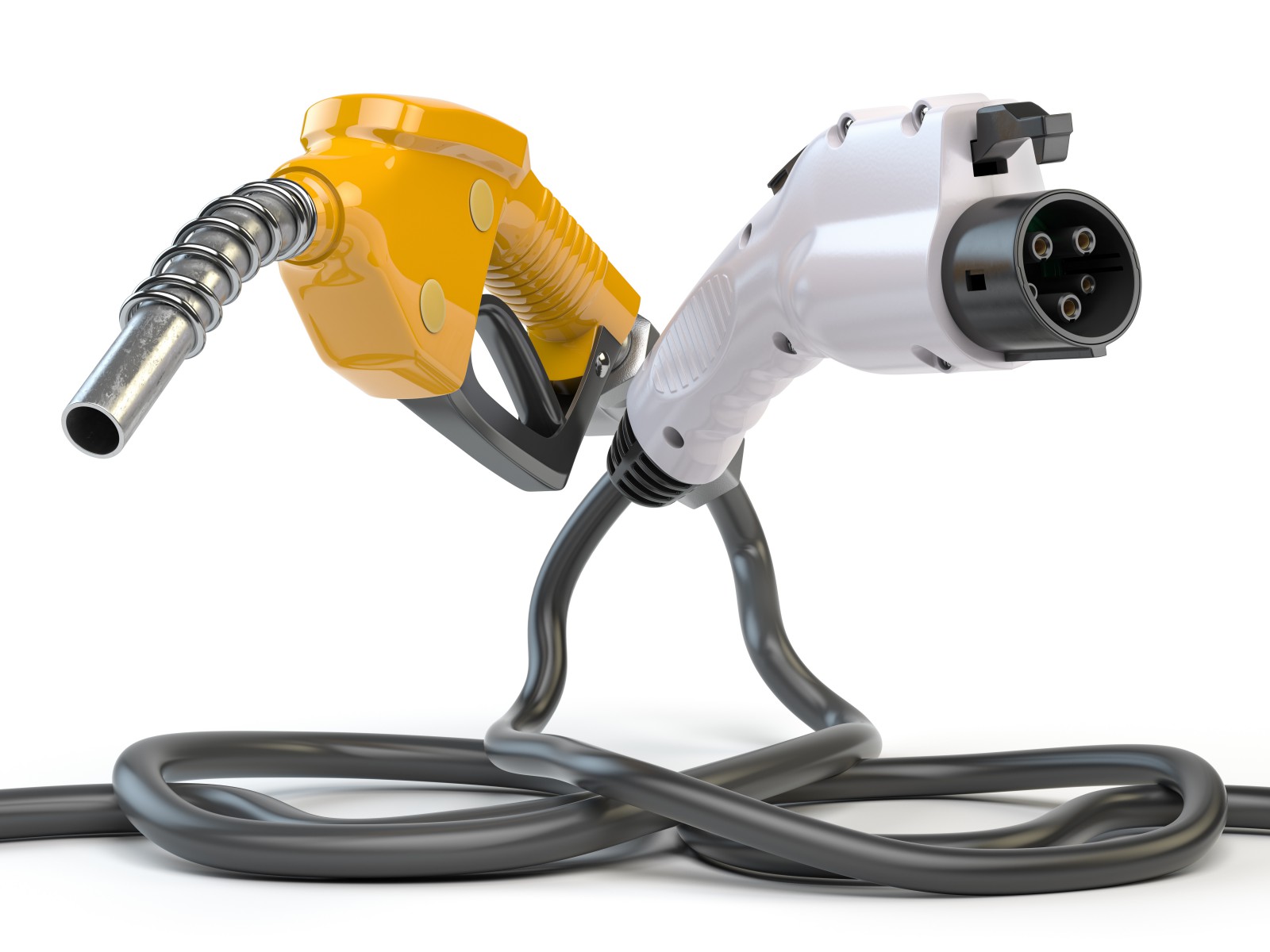Is the plug-in hybrid at an end?
10/11/2022
The penetration curve for electromobility in passenger cars is slowly reaching its maximum growth rate. Avantgardists have been driving electrically for a long time. Nearly all automakers offer suitable in the proportionally strong model categories SUV, sedan, compact car and finally offer choice in this market.
It's a different story with plug-in hybrids. They had set out as the universal spearhead of electrification, representing the best of everything: higher performance than pure internal combustion engines, long range at full throttle, purely electric driving as soon as it goes into town or for commuting and, especially important in Germany, the halving of tax for company cars with a purchase bonus. The transitional technology of the vehicle manufacturers is now tending to become dispensable: While 27% of all electrified vehicles in Western Europe were plug-in hybrids in 2020, this figure will only be 14% in 2024 according to LMC. The pure electric vehicles are available. They advertise ranges of four hundred to over a thousand kilometers. Now gasoline operation no longer seems appropriate.The experience gained at the charging stations makes the gasoline fallback redundant. The neighborhood's respect points for "sustainable driving" are also higher for the pure electric vehicle.The arguments of the hybrid lobby that there are not enough charging stations in rural areas and that the range for speedy driving is moderate, lose weight in view of falling average speeds.In fact, vehicles with internal combustion engines outside the motorsport segment are now old-economy by definition. Therefore, it is foreseeable that in a few years, new vehicles with internal combustion engines will acquire exotic status. It may be that the use of e-fuels can leverage the image of combustion engines. However, it seems that the decline of the internal combustion engine can no longer be stopped. A door for plug-in hybrids with e-fuels could then open if the technology assessment changes again. This could happen if, for example, the development of raw material prices makes vehicles with large batteries uneconomical. Other aspects influencing technology acceptance would be working methods that are judged ethically questionable or a lack of progress in the necessary battery recycling.Please do not hesitate to contact:Holger Richter, Phone +49 6201 9915 60,
Holger.Richter@SchlegelundPartner.de © Schlegel und Partner 2022
Holger.Richter@SchlegelundPartner.de © Schlegel und Partner 2022